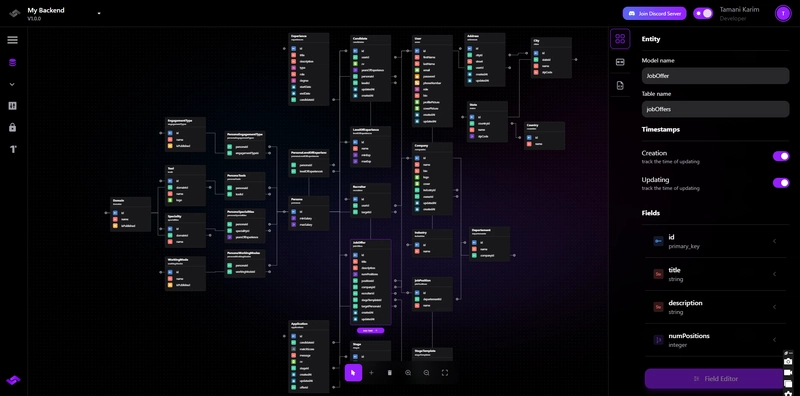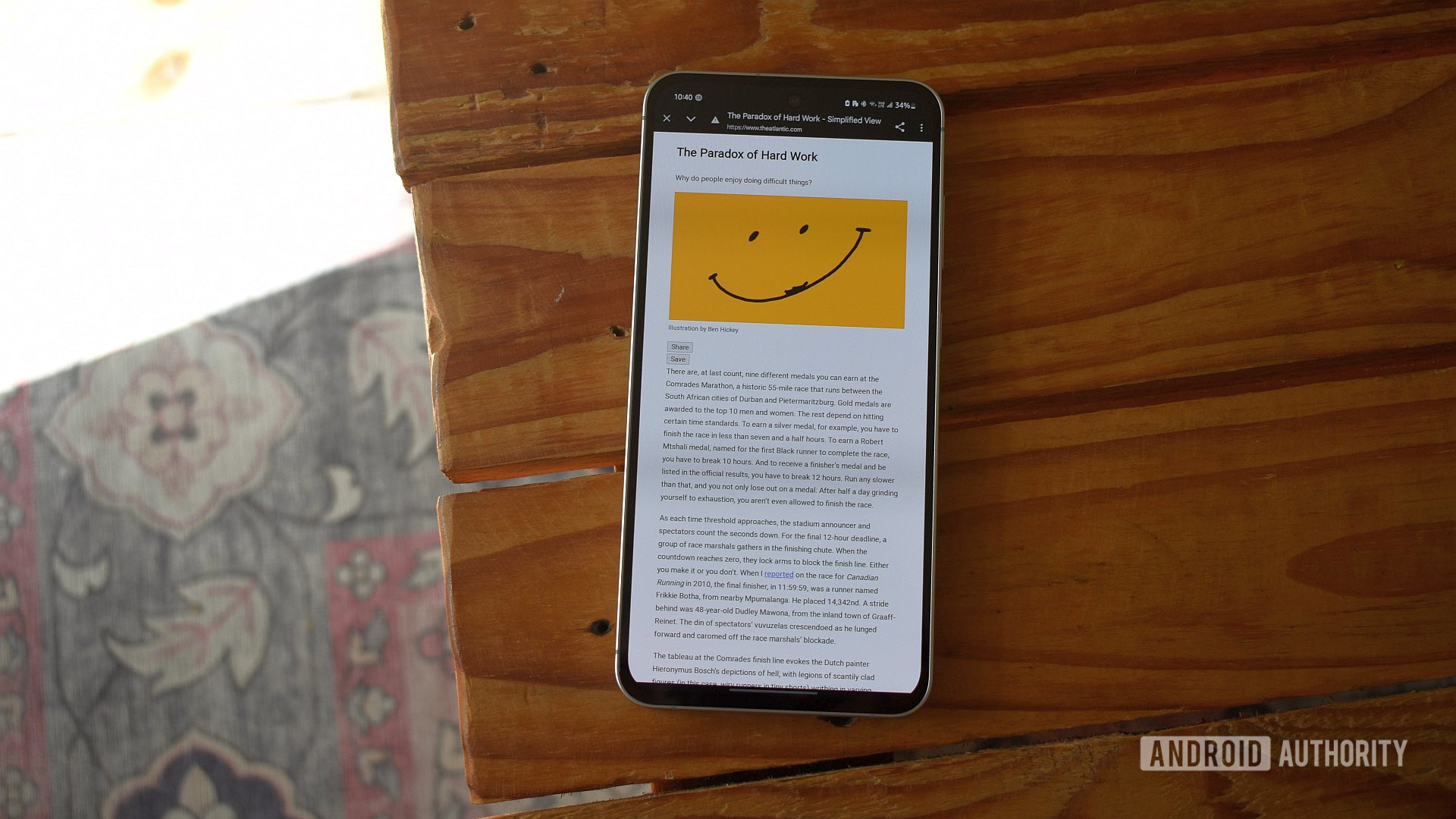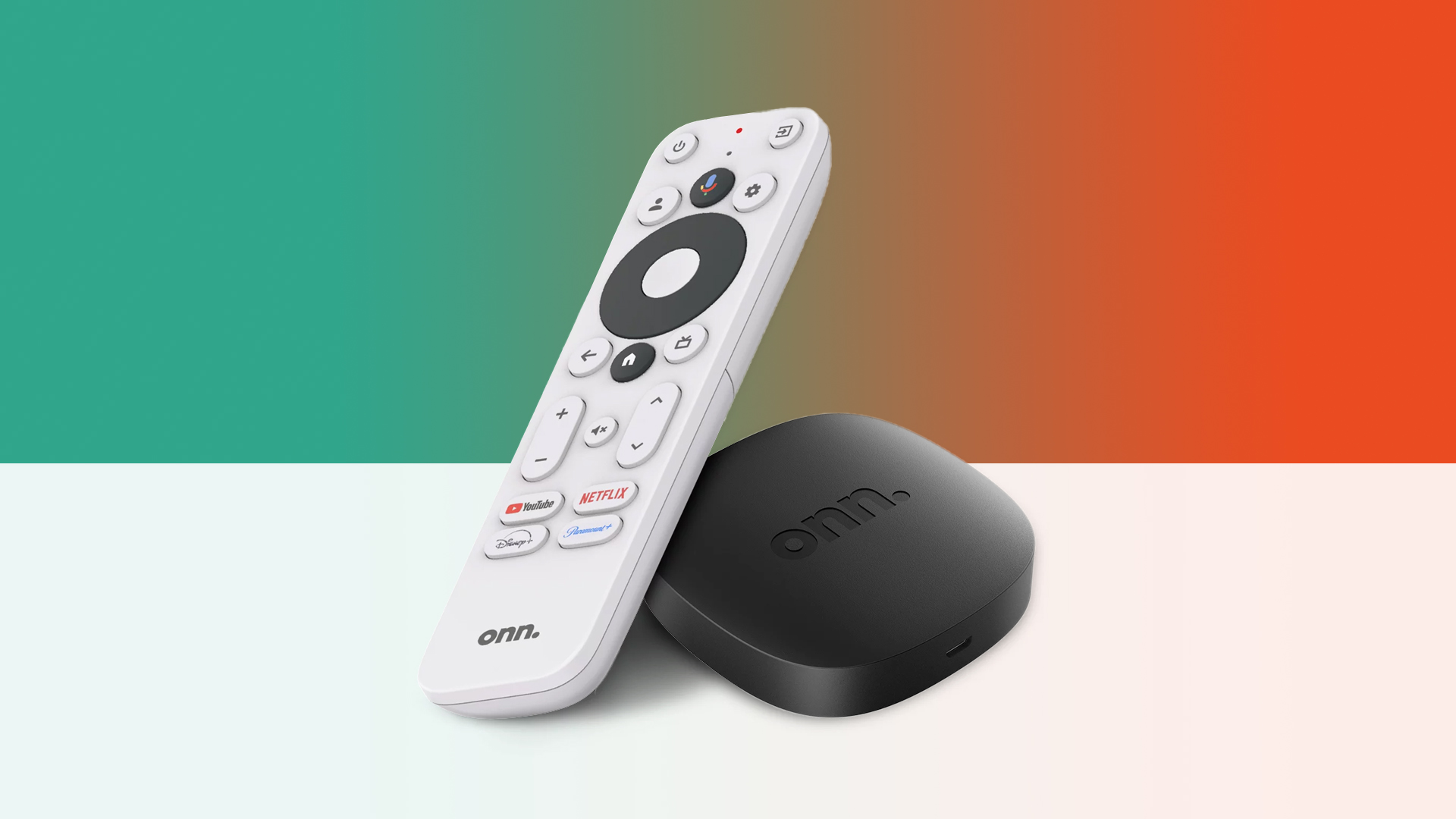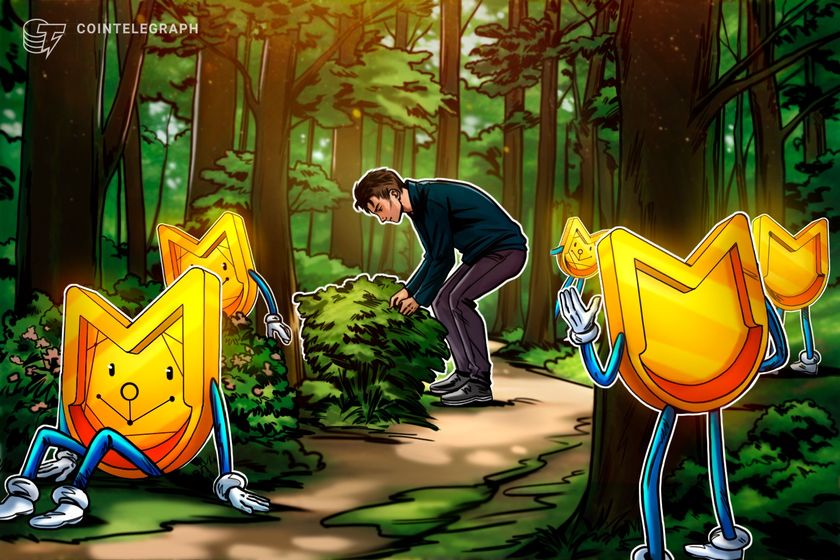The Smartest Way to Read Productivity Books in 2025: AI-Powered Deep Research
In today's fast-paced world, the quest for productivity often leads us to the shelves of bookstores, seeking wisdom from the...


In today's fast-paced world, the quest for productivity often leads us to the shelves of bookstores, seeking wisdom from the latest bestsellers. However, the traditional approach to consuming these tomes—meticulously reading each page—can be a time-consuming endeavor. Enter OpenAI's ChatGPT Deep Research, a groundbreaking tool that's redefining how we engage with productivity literature.
The Traditional Challenge of Reading Productivity Books
Productivity books are designed to impart strategies and insights to enhance our efficiency and effectiveness. Yet, many of these works, while rich in content, can be dense and lengthy, making it challenging for readers to extract key takeaways without investing significant time. This often leads to information overload, where the sheer volume of content hampers our ability to distill actionable insights.
ChatGPT Deep Research: A Paradigm Shift
Launched in February 2025, ChatGPT Deep Research is an advanced AI agent integrated into OpenAI's ChatGPT platform. This tool autonomously conducts multi-step research on the internet, analysing and synthesising information from various sources to generate comprehensive reports. Leveraging the capabilities of OpenAI's o3 model, optimised for web browsing and data analysis, Deep Research can process extensive content—such as entire books—and distill them into concise, insightful summaries.
How Deep Research Enhances Productivity Book Consumption
1. Efficient Summarisation: Deep Research can transform lengthy productivity books into concise summaries, capturing essential insights without unnecessary filler. This allows readers to grasp core concepts swiftly, making the learning process more efficient.
2. Customised Insights: By analysing the content through the lens of the reader's specific interests or needs, Deep Research tailors the extracted information to be more relevant and actionable.
3. Time-Saving: Traditional reading methods require significant time investment. Deep Research accomplishes in minutes what might take a human hours, freeing up valuable time for practical application of the learned strategies.
Real-World Application: A Case Study
Consider a professional aiming to enhance leadership skills by studying classic texts like "The 15 Decisive Battles of the World." By utilising Deep Research, they can obtain a summary that highlights leadership lessons, training insights, morale boosters, and business applications derived from each historical event. This targeted approach ensures that the reader gains practical knowledge without wading through extensive narratives.
The Science Behind Enhanced Retention
Research indicates that our brains retain information more effectively when it's delivered in dense, meaningful insights rather than dispersed across lengthy texts. Deep Research's ability to condense information aligns with this cognitive preference, facilitating better understanding and memory retention.
Limitations and Considerations
While Deep Research offers significant advantages, it's essential to acknowledge its current limitations. The tool may struggle with distinguishing authoritative information from rumors and can occasionally misrepresent uncertainty. Users should approach the generated summaries as supplements to, rather than replacements for, comprehensive reading, especially when nuanced understanding is required.
ChatGPT Deep Research represents a newer, more efficient way to engage with productivity books. By leveraging advanced AI capabilities, it transforms the reading experience, allowing individuals to access valuable insights swiftly and apply them effectively in their personal and professional lives. As AI technology continues to evolve, tools like Deep Research will play an increasingly pivotal role in
how we consume and apply knowledge.












































































































































































![[The AI Show Episode 142]: ChatGPT’s New Image Generator, Studio Ghibli Craze and Backlash, Gemini 2.5, OpenAI Academy, 4o Updates, Vibe Marketing & xAI Acquires X](https://www.marketingaiinstitute.com/hubfs/ep%20142%20cover.png)


























































































































![[FREE EBOOKS] The Kubernetes Bible, The Ultimate Linux Shell Scripting Guide & Four More Best Selling Titles](https://www.javacodegeeks.com/wp-content/uploads/2012/12/jcg-logo.jpg)



![From drop-out to software architect with Jason Lengstorf [Podcast #167]](https://cdn.hashnode.com/res/hashnode/image/upload/v1743796461357/f3d19cd7-e6f5-4d7c-8bfc-eb974bc8da68.png?#)







































































































.png?#)





.jpg?#)






























_Christophe_Coat_Alamy.jpg?#)







































































































![Rapidus in Talks With Apple as It Accelerates Toward 2nm Chip Production [Report]](https://www.iclarified.com/images/news/96937/96937/96937-640.jpg)









































































































































